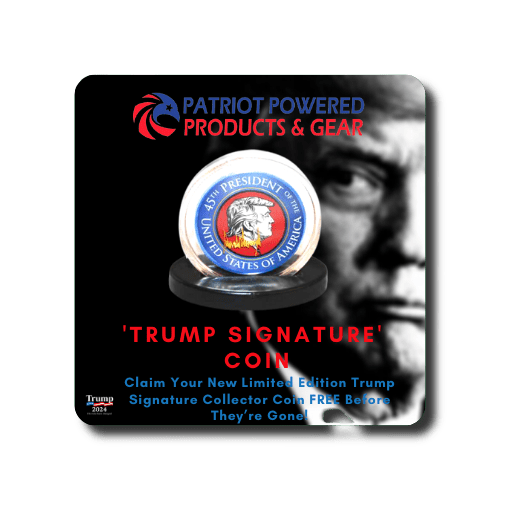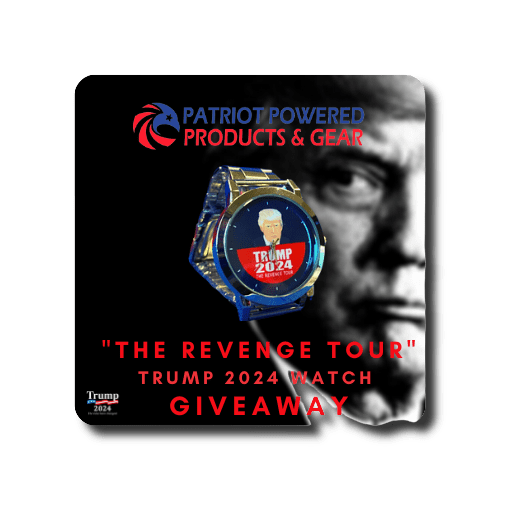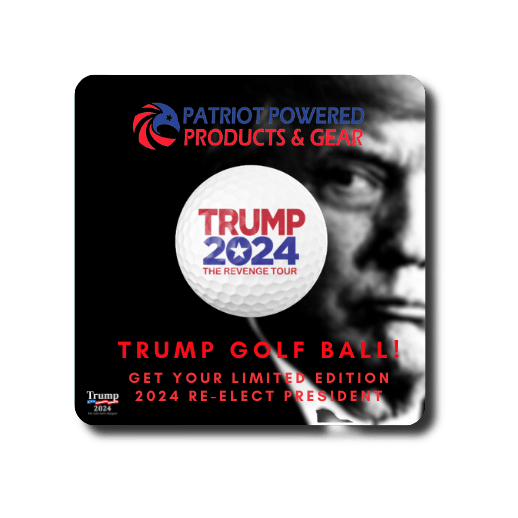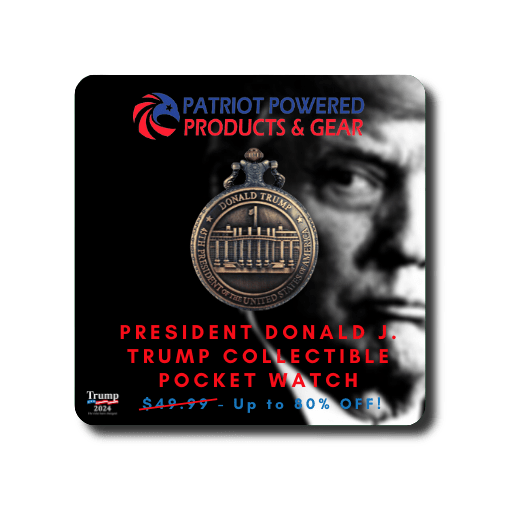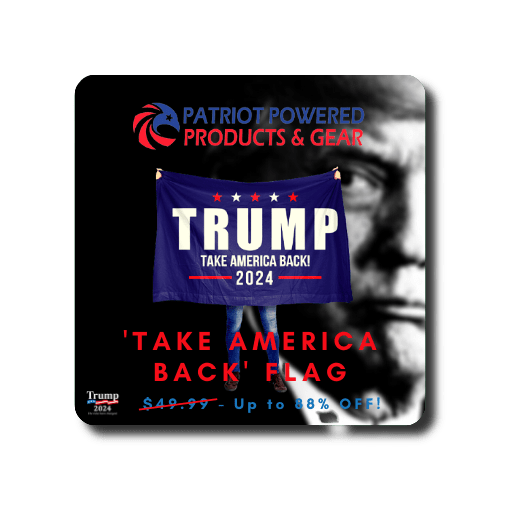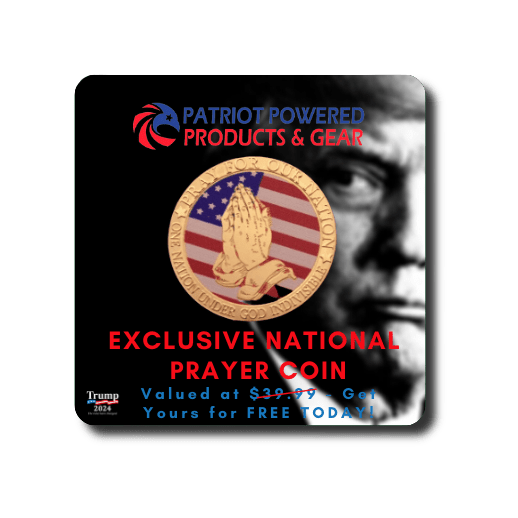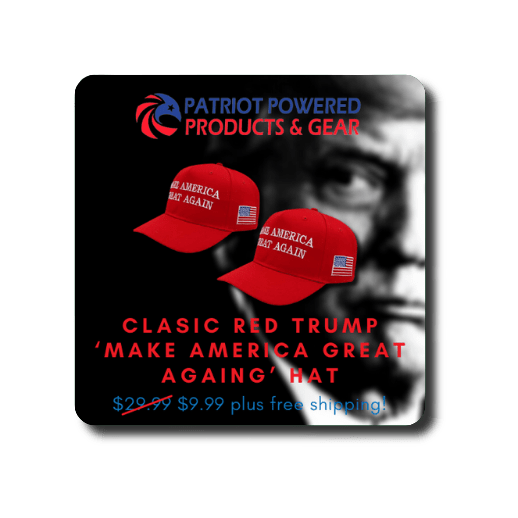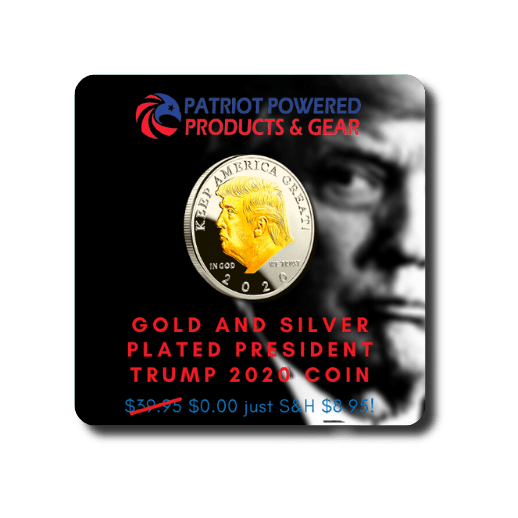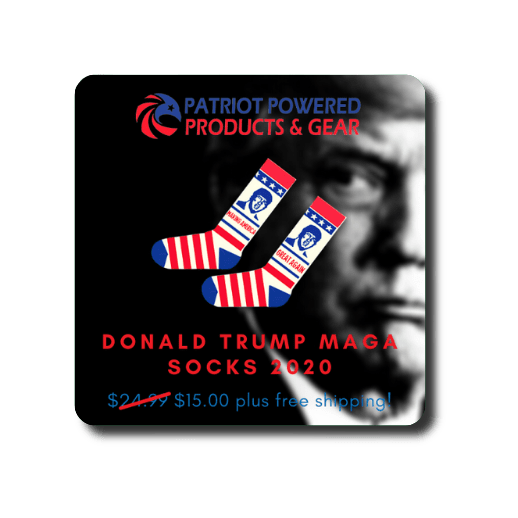On December 28, 2019, just as news of the Wuhan plague sank its teeth into American society, Pfizer CEO Albert Bourla confronted then-FDA director Stephen Hahn with what he described as an intractable dilemma: Bourla lamented Pfizer’s “revenue loss,” a curious choice of words to describe a pharmaceutical manufacturer that netted $16.7 billion in 2019, the CEO of which earned $17mn in 2019 and $22mn in 2020–after the company’s Covid-19 vaccine hit the shelves. Those figures exclude the tens of millions of dollars Bourla gets in benefits, per diems and stock options, assets which, if added to his yearly salary, place him among the highest paid CEOs in the world.

Hahn, Bourla, and a gaggle of FDA and Pfizer officials held private talks to discuss Pfizer’s self-perceived financial woes. The meeting did not take place at Pfizer’s corporate headquarters in Manhattan. Nor did the conference happen at the FDA’s mammoth complex in Silver Springs, Maryland. This was unusual because official talks between the FDA and big pharma typically occur at one of those two locations, not a boardroom suite at the Hay-Adams Hotel in Washington, D.C.
Bourla had requested a clandestine gathering, having told Hahn that trade secrets would be analyzed and that Pfizer’s codified agreement with the FDA stipulated that Pfizer had authority to request covert discussions to prevent public dissemination of confidential information. The FDA’s acceptance of those terms shows that it and big pharma share a matrimonial bedchamber.

At the meeting, Bourla divulged no trade secrets; rather, he bitched about how Pfizer had over the last decade missed out on “potentially billions of dollars” as many of its lucrative drugs lost patent protection and became available generically.
For reference: Per FDA statutes, a medication patent lasts 20 years from the date on which the application for the patent was filed in the United States, after which other pharmaceutical manufacturers may market the product using the name of its chemical ingredient. The painkiller Vicodin, for example, was patented by Abbott Laboratories in 1978; in 1999, the FDA granted manufacturers Mallinckrodt and Qualitest licenses to market the product, with a slice of the profits returned to the original patent holder—Abbott Laboratories. Despite the kickbacks, most big pharma file for patent extensions, which are often given. Today, more than 46 companies worldwide manufacture Vicodin under various labels, most notably hydrocodone/APAP. Patent protections apply even to vaccinations, although the FDA has power to lift patent restraints in times of national crisis or if the pharmacological mechanisms between two vaccines differ but produce a similar immunological response.

Bourla said he understood that Hahn was powerless to revise “unfair” patent protection programs, but he proposed a deal that would prove profitable for both Pfizer and the FDA.
Source: realrawnews.com

